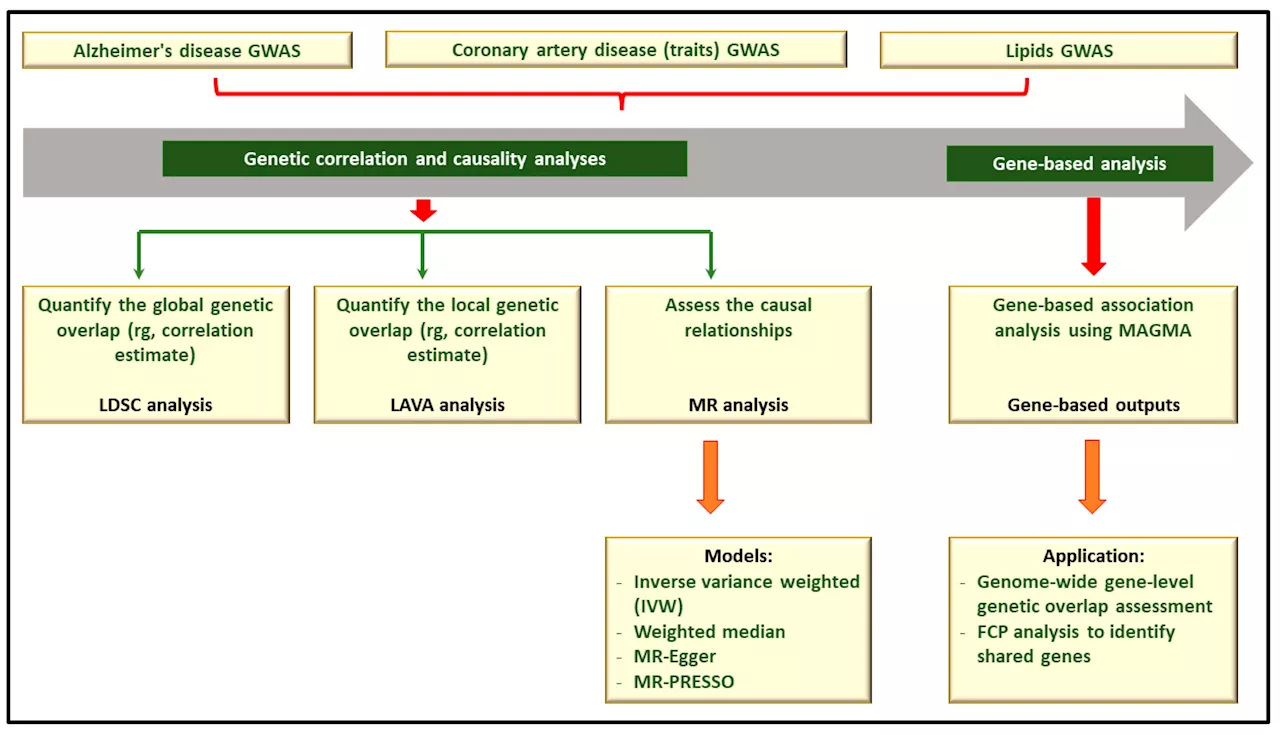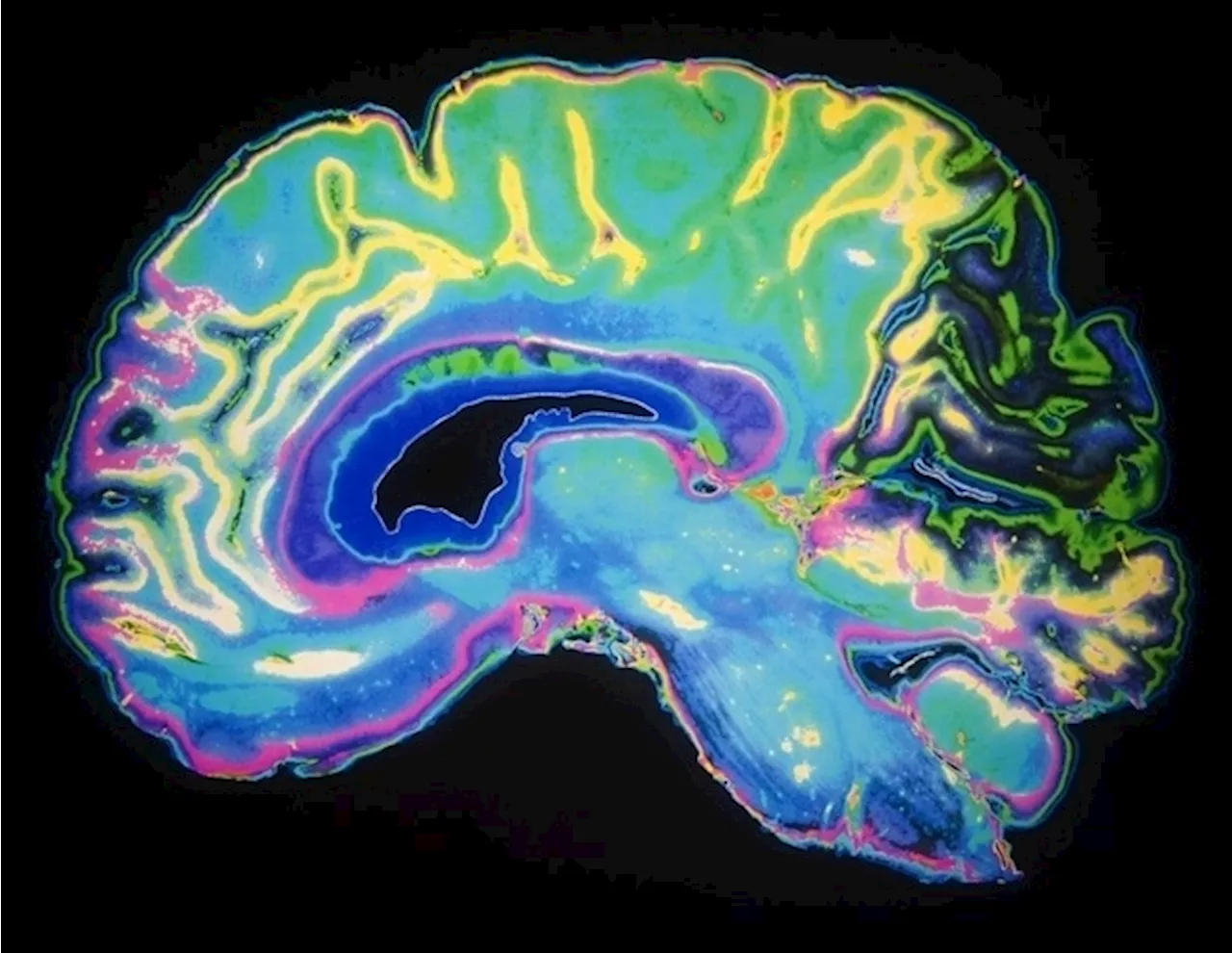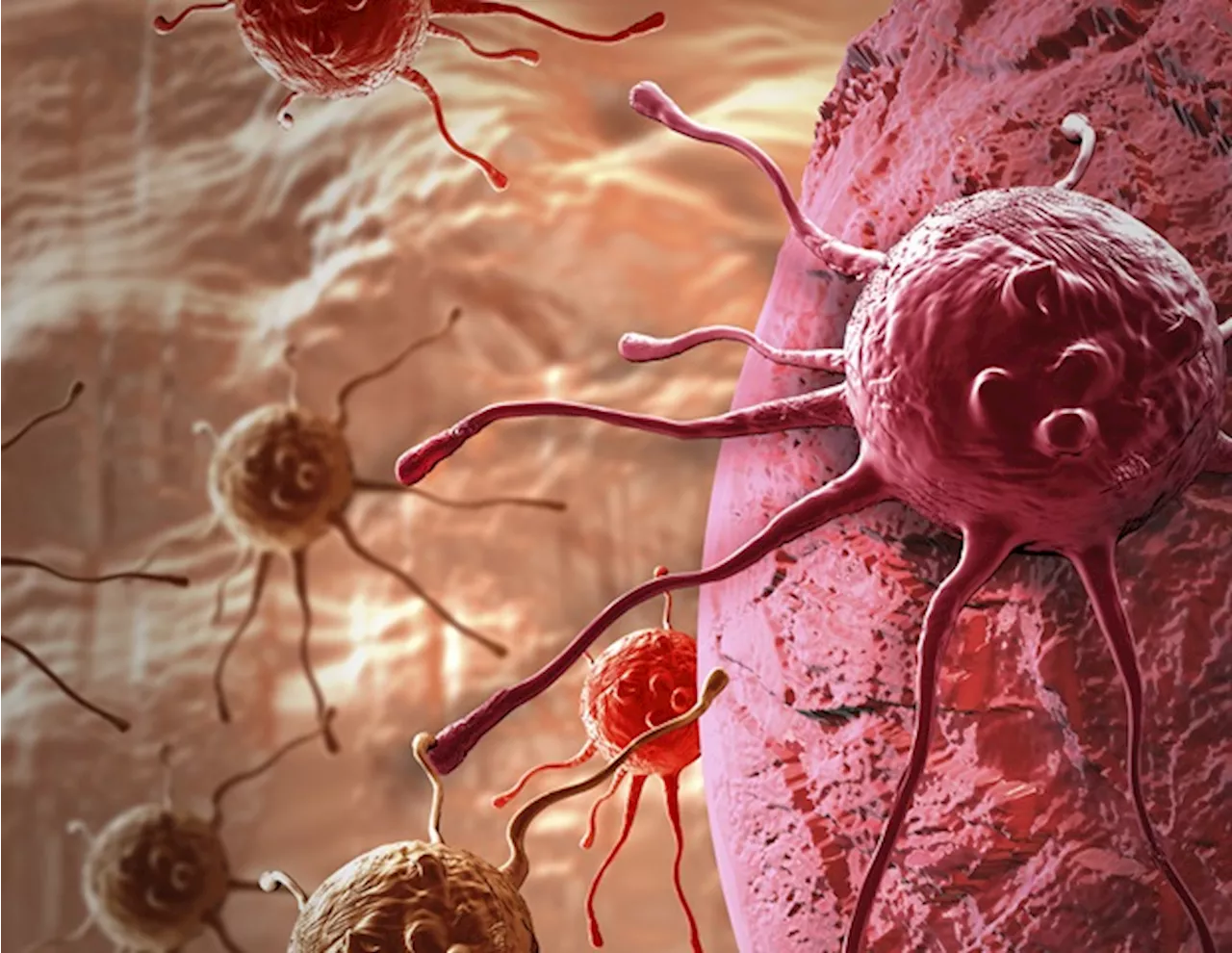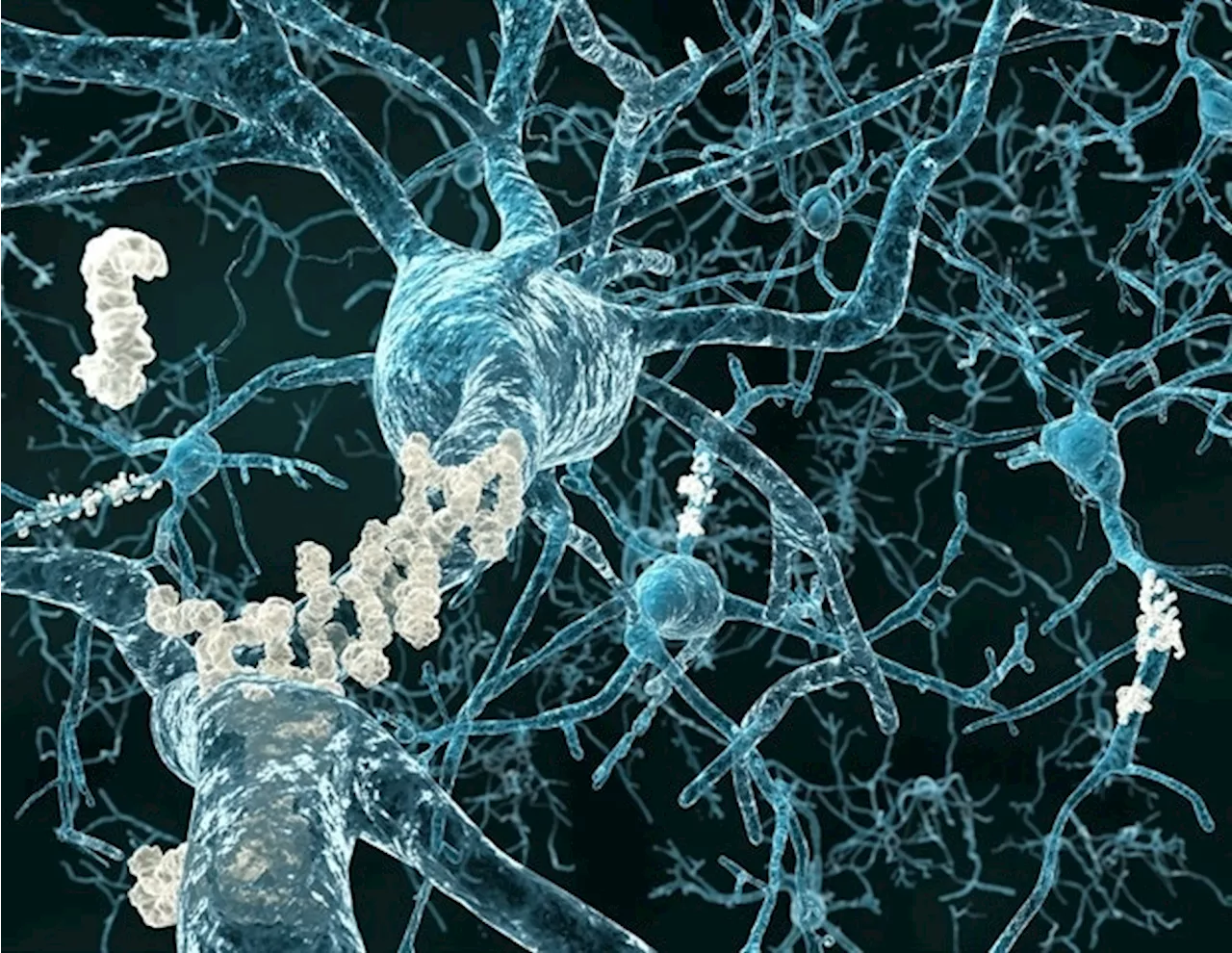University of Virginia professor Mathews Jacob has secured a $3.9 million grant to advance his innovative research on detecting Alzheimer's disease in its early stages.
University of Virginia School of Engineering and Applied ScienceSep 14 2024 University of Virginia professor Mathews Jacob has secured a $3.9 million grant to advance his innovative research on detecting Alzheimer's disease in its early stages.
Their focus is on advancing magnetic resonance spectroscopic imaging . Unlike standard MRI, which primarily highlights structural changes, MRSI digs deeper into the brain's chemistry to reveal subtle shifts that could signal early signs of Alzheimer's and dementia. However, current MRSI techniques face challenges like low resolution and sensitivity, which restrict their clinical use.
The team's mission is to enhance this technology, aiming for clearer images and more precise data. By fine-tuning MRSI to better target specific brain areas, they hope to transform it into a crucial tool for diagnosing neurodegenerative diseases much earlier than we can today. This breakthrough could enable doctors to screen for Alzheimer's and other disorders before symptoms even surface, paving the way for earlier and more effective treatments.
By detecting the subtle changes in brain metabolism early in the disease, we hope to give doctors a powerful tool to intervene earlier, which could make a profound difference in treatment outcomes and patients' lives." Related StoriesJacob's project, funded by the National Institutes of Health, will span five years. His co-principal investigators include Vincent Magnotta, professor of radiology at the University of Iowa, and Yan Li, associate professor of radiology at UCSF.
Brain Imaging Radiology Research Students Technology
Deutschland Neuesten Nachrichten, Deutschland Schlagzeilen
Similar News:Sie können auch ähnliche Nachrichten wie diese lesen, die wir aus anderen Nachrichtenquellen gesammelt haben.
 Researchers confirm genetic link between Alzheimer's and heart diseaseResearchers at Edith Cowan University's (ECU's) Centre for Precision Health have uncovered a significant genetic connection between Alzheimer's disease (AD) and several coronary artery disease (CAD) related disorders and lipid classes, offering opportunities to improve health outcomes across two of the more common causes of death in Australia.
Researchers confirm genetic link between Alzheimer's and heart diseaseResearchers at Edith Cowan University's (ECU's) Centre for Precision Health have uncovered a significant genetic connection between Alzheimer's disease (AD) and several coronary artery disease (CAD) related disorders and lipid classes, offering opportunities to improve health outcomes across two of the more common causes of death in Australia.
Weiterlesen »
 Researchers identify key cellular interactions driving Alzheimer's and agingAn analysis of more than 1.6 million brain cells from older adults has captured the cellular changes that occur in the early stages of Alzheimer's disease, potentially revealing new routes for preventing the most common cause of dementia in older individuals.
Researchers identify key cellular interactions driving Alzheimer's and agingAn analysis of more than 1.6 million brain cells from older adults has captured the cellular changes that occur in the early stages of Alzheimer's disease, potentially revealing new routes for preventing the most common cause of dementia in older individuals.
Weiterlesen »
 Researchers show novel drug rescues memory loss in Alzheimer's mouse modelIn a recent development in Alzheimer's disease research, Auburn University scientists have studied a new drug, troriluzole, that can prevent brain changes leading to memory loss and cognitive decline in a mouse model of the disease.
Researchers show novel drug rescues memory loss in Alzheimer's mouse modelIn a recent development in Alzheimer's disease research, Auburn University scientists have studied a new drug, troriluzole, that can prevent brain changes leading to memory loss and cognitive decline in a mouse model of the disease.
Weiterlesen »
 Auburn University researchers develop AI-driven method to target cancer proteinsResearchers at Auburn University, in collaboration with scientists from the University of Basel and ETH Zurich, have made a groundbreaking advance in the fight against cancer.
Auburn University researchers develop AI-driven method to target cancer proteinsResearchers at Auburn University, in collaboration with scientists from the University of Basel and ETH Zurich, have made a groundbreaking advance in the fight against cancer.
Weiterlesen »
 Clearing: everything you need to know about applying to Ulster UniversityUlster University is currently rated the 1 university in the UK on Student Crowd
Clearing: everything you need to know about applying to Ulster UniversityUlster University is currently rated the 1 university in the UK on Student Crowd
Weiterlesen »
 Clearing: everything you need to know about applying to Ulster UniversityUlster University is currently rated the 1 university in the UK on Student Crowd
Clearing: everything you need to know about applying to Ulster UniversityUlster University is currently rated the 1 university in the UK on Student Crowd
Weiterlesen »
